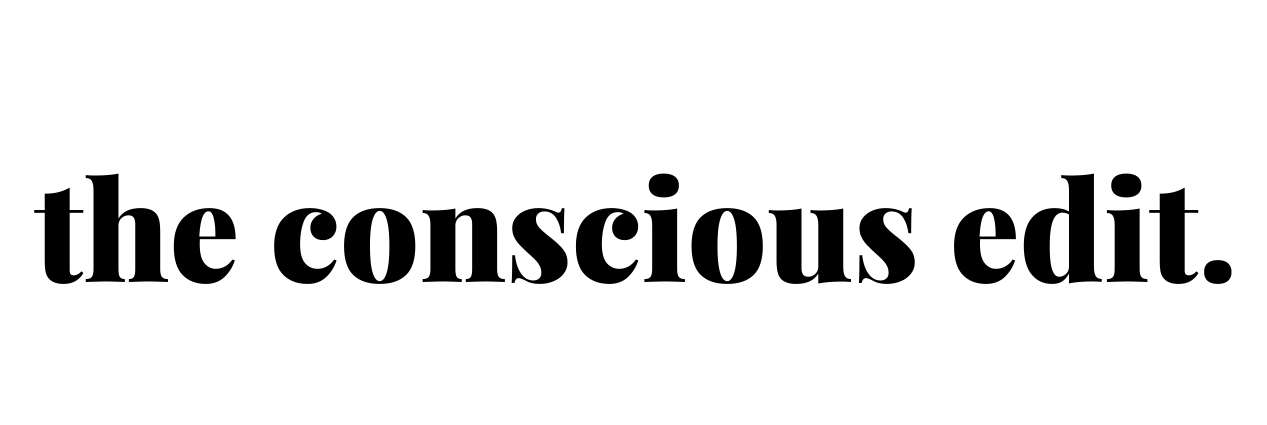
Today marks the anniversary of the Rana Plaza disaster where 1,133 garment workers died and another 2,500 were injured. It was the fourth largest industrial disaster in history so wasn’t the first and could still happen again. Fashion Revolution was born out of the tragedy, wanting a cleaner, safer, fairer, more transparent and more accountable fashion and textiles industry.
This year, as Fashion Revolution Day (24 April) falls on a Sunday, we’ve had a full Fashion Revolution Week of people across the world challenging fashion brands, asking #whomademyclothes? It’s been a week full of engagement from consumers as well as brands telling the stories of the men and women making their clothes. I’ve followed some great conversations online and have attended a few interesting talks in London so have put together a few takeouts from the week.
“Fast fashion isn’t free. Someone somewhere is paying”
– Lucy Siegle
The culture of fashion – fast fashion – today encourages consumerism on a scale that isn’t realistic or sustainable. We almost take cheap clothing for granted and have subsequently stopped valuing what we buy / wear / own. Co-founder of Fashion Revolution, Orsola de Castro, spoke at Somerset House last week about a fashion utopia where we actually start caring for and loving our clothes. A utopia of waiting. Where we buy things we’ve been longing and saving up for. But is this even possible in today’s market where, by the time you’ve saved up for that really nice coat you saw a few months back it’s already sold out and there’s new stock in store? I agree with Orsola that we need to shift our mindset to value and treasure our purchases, but the industry, where the two-seasons-per-year is history and we’re now looking at new ‘seasons’ and trends every week, doesn’t support that vision.
But until the industry changes we can still value what we have – we can mend and care for our clothes, and we can save up and spend a bit more on a high quality piece that will last longer. And we can push / demand the industry to change.
“I want my clothes to be a billboard for what I believe in”
– Orsola de Castro
Fashion Revolution’s mantra is ‘Be curious – Find out – Do something‘ which encourages us to ask questions. And it encourages the industry to be transparent, especially in terms of garment workers’ conditions.
Small, independent labels are doing great things to support the people making their clothes and their innovation and passion is vital. But as Kate Larsen of Human Rights Watch argued at a talk arranged by Lensational last week it is the big brands that can really make a difference and change the world. So even if one might argue that their business model of growth doesn’t qualify as sustainable, the impact significant change by them could have is something worth fighting for. With one in six working in the fashion industry it’s an industry of almost insane proportions and if change could happen at a large scale it would change the lives of so many people.
That change is what I see Fashion Revolution being about. The change where we see the human side of the fashion industry. Where we value not only the clothes we buy and wear but the people who made them. And ultimately, this shouldn’t be happening just once a year – we should always be curious, we should always try to find things out, and we should always try to do something about it.
